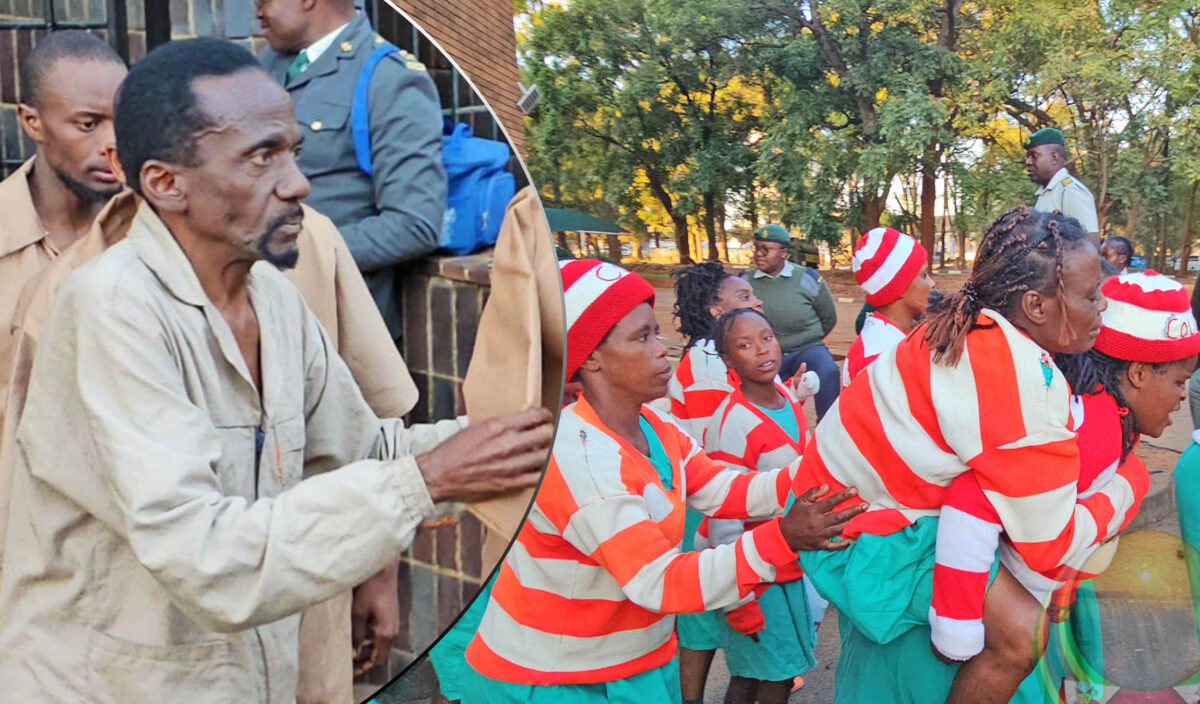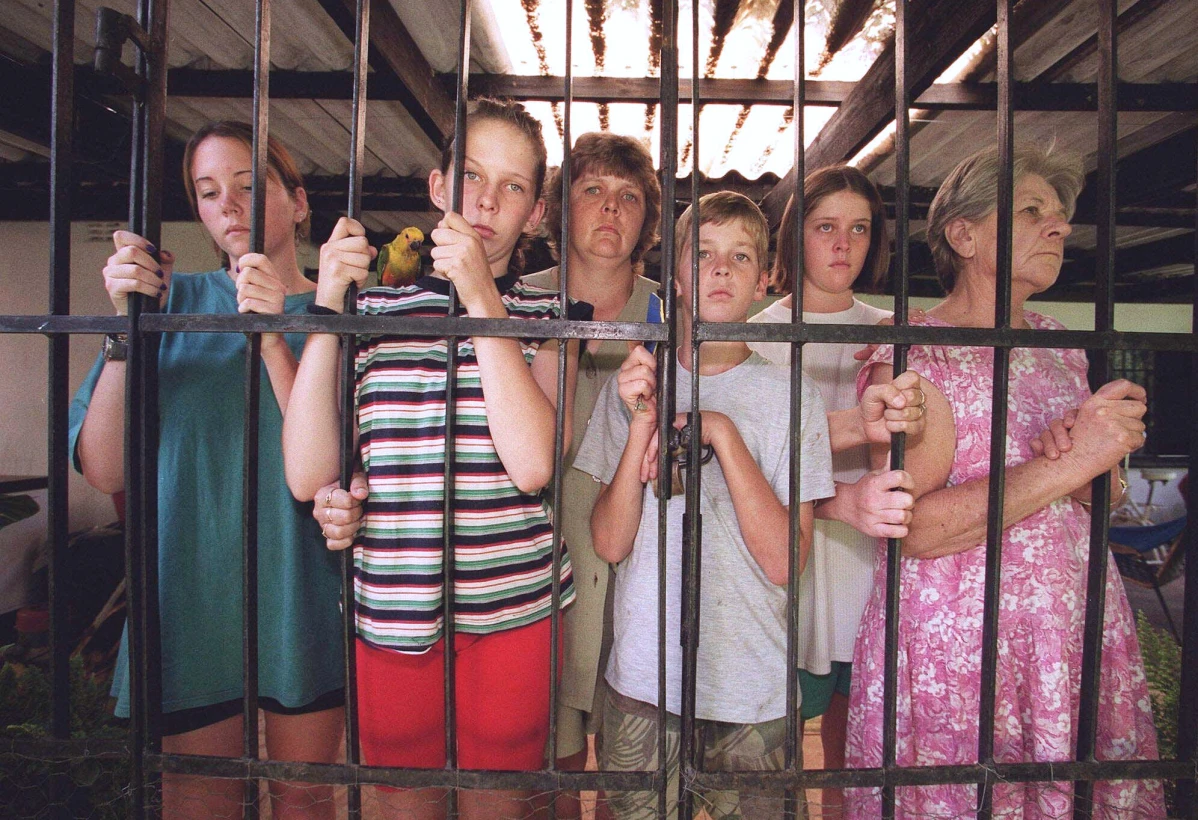HARARE – Former Citizens Coalition for Change (CCC) senator Jameson Timba and 65 party activists have been acquitted of disorderly conduct but trial continues on concurrent charges of participating in an unlawful gathering.
They are part of the initial 79 activists seized in a widely condemned police raid June 16 this year by anti-riot police accused of disorderly conduct and participating in an unlawful gathering at the senior opposition politician’s Avondale, home in Harare.
During trial, the activists applied for discharge but their prayer was partially accepted by magistrate Collet Ncube on Wednesday.
The magistrate found them not guilty and acquitted them on the count of disorderly conduct.
He ruled the charge could not stand because the activists were arrested in a private space.
Ncube however maintained the senior politician and his co-accused should proceed to defence hearing on the count of participating in an unlawful gathering.
The magistrate freed 12 individuals who include Timba’s son, Sean Resca Munetsi, Violet Chitsindi, Simon Size, Calvin Charumapasi, Redeem Mandizvidza, Tatenda Mukwembi, Tawanda Mukucha, Prince Madhena, Wisdom Nyama, Tobias Mangwayana and Lucia Kandemiiri a tenant at Timba’s home.
Ncube said the 12 were not part of the gathering and were caught in crossfire.
In handing down his ruling, Ncube said there was no evidence linking Sean to the offence.
“The fact that Timba is applicant’s father and that it was Father’s Day adds credibility to the applicant’s submissions.
“Clearly, there is no evidence placed before this court to prove an element of an offence by the applicant.
“It this court’s considered view there is no evidence that a reasonable court could convict and the applicant is discharged at the close of State’s case,” he ruled.
The magistrate also took into consideration that 11 other suspects were not at Timba’s residence but in the vicinity.
“The confirmation by the police that there were some people on the road adds credibility to these people’s defence…the finding of this court is that these cannot be placed on their defence in count and accordingly, they are found not guilty and acquitted in the first count.
“The balance will proceed to defence case,” he ruled.
















